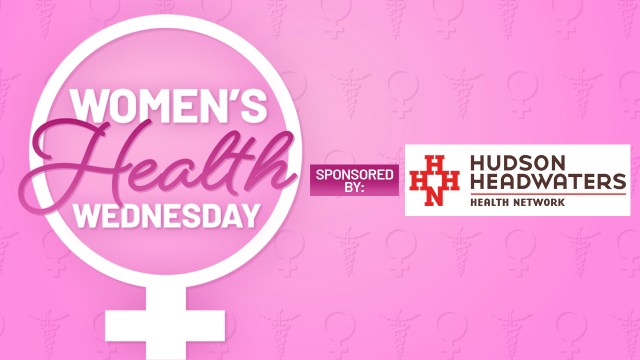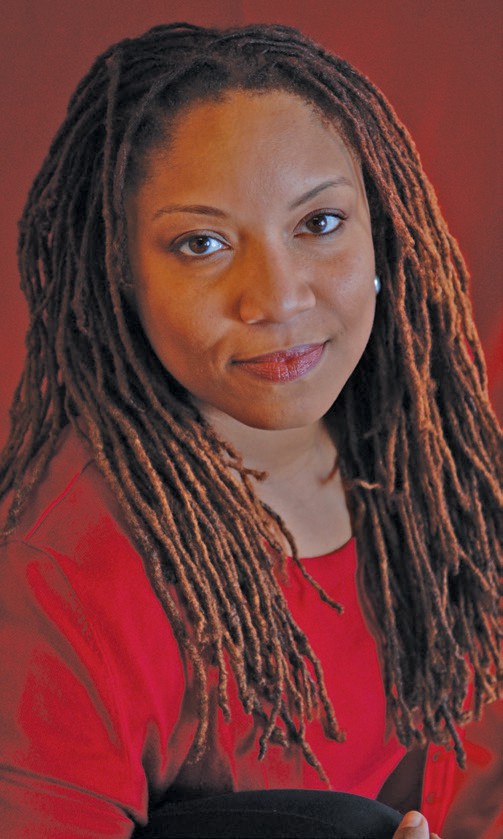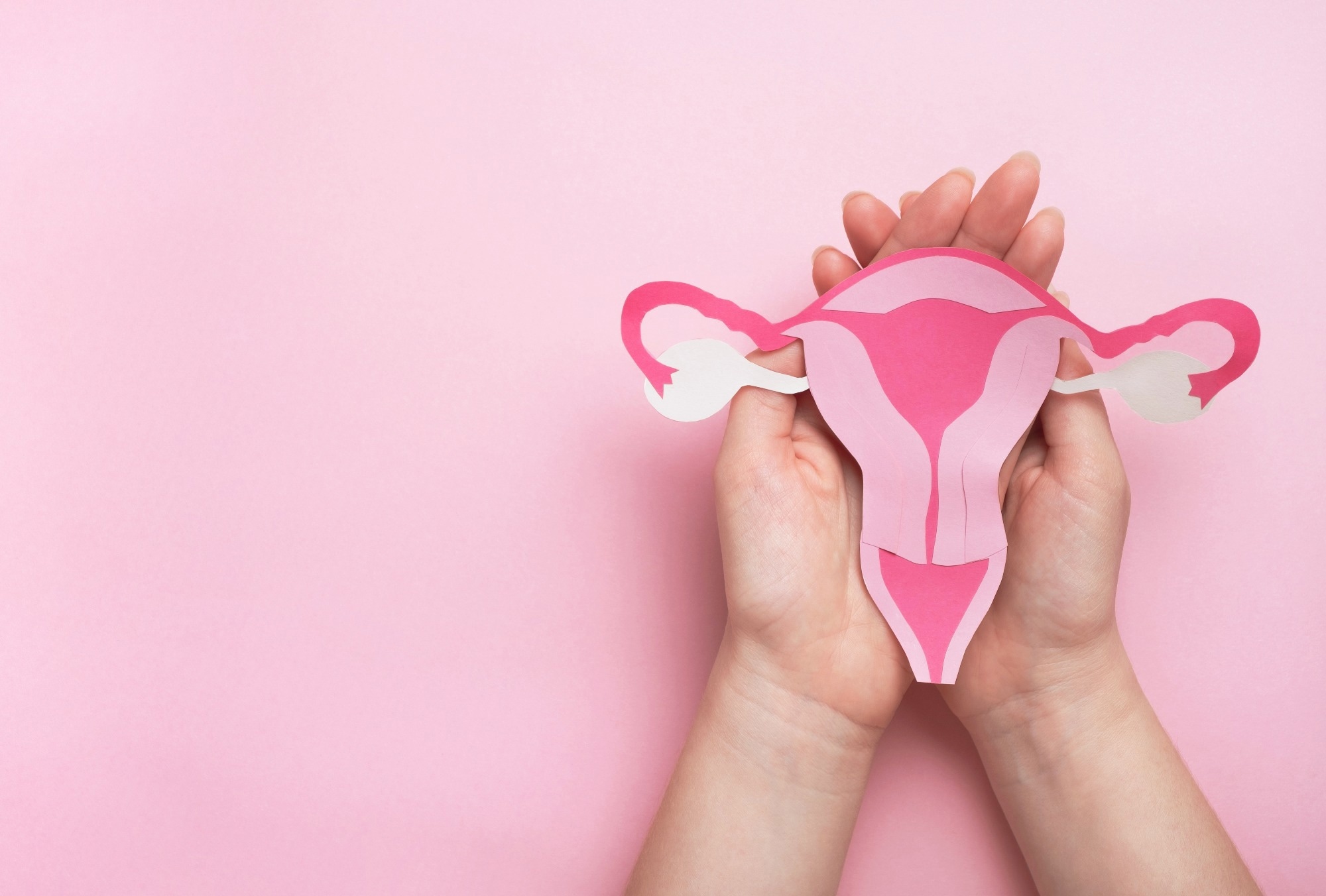
Women’s bodies house complex reproductive systems that require specialized, easily available health care
National Women’s Health Week is observed every year, usually anchored around Mother’s Day. It was started to encourage women and girls to take control of their physical and mental health.
This year the observance takes place May 8 to 14. The Women’s Health Coalition (WHC), which started in St. Albert, is again at the forefront rallying women to demand the best care for their sexual, reproductive and menstrual health.
St. Albert’s Shannon Karczmarczyk, a member of WHC, spent 10 years wading through the health care system trying endless therapies until she was diagnosed with endometriosis and adenomyosis.
“Endometriosis is where the uterine lining grows outside the uterus and can sometimes cause organs to stick together. Adenomyosis is an abnormal growth of cells and veins in the uterus,” said Karczmarczyk.
Beginning at the age of 40, Karczmarczyk developed very heavy, sporadic menstrual cycles causing pain and assorted physical issues. Eventually, the chronic pain and iron deficiency causing intense fatigue gradually wore her down.
“I was always tired, and I didn’t want to leave the house,” she said.
Her physician wrote off her experience as “bad periods” urging her to try birth control, IUD’s and different hormone pills. Although medications dampened severe pain, there were side effects – weight gain, moodiness and nausea. Added to the list of medications were anti-depressants to combat anxiety.
“In medicine, they try to control the pain with medications that just mask the real symptoms. I went through a period of depression because I felt my care had come to a standstill.”
She was booked for an ultrasound and was bumped up to a gynecologist who scheduled an MRI.
“She saw the extent of the damage and within a month I was in surgery. At 49 I underwent surgical menopause. I had my ovaries removed. It was such a huge relief when she told me. I didn’t care what the surgery was. I wanted the rollercoaster ride stopped. I had no fear of hormone replacement therapy, no fear of surgery. I just wanted to get it done.”
For Carmen Wyton, chair of WHC and a determined advocate for women’s health, Karczmarczyk’s gynecological experience parallels too many other women’s ordeals. Wyton details numerous issues that contribute to the medical bottleneck and poor access to adequate treatment.
In a recent survey, 90 per cent of health practitioners stated they are “unprepared” to deal with three big stages of girls and women’s lives: perimenopause, menopause and post-menopause.
“There’s a definite lack of education in medical training. It’s considered an elective. This creates an imbalance so research on gynecology can’t advance,” Wyton said.
She details two programs that set the health agenda across the province and affects the advancement of gynecological health. The first is the Academic Medicine and Health Services Program, a funding model. It makes sure physicians deliver clinical training while in salaried positions where they are paid to teach and conduct research. It focuses on nine health disciplines. Gynecology is not one of them.
Then there’s the Strategic Clinical Network, a collaborative model developed 15 years ago, to treat diseases and disorders. One discipline focuses on women – maternal, newborn child and youth.
“There’s nothing on gynecology which is the biggest part of a woman’s life. It’s an antiquated system that states the most important part of a woman’s life is when she has a baby.”
The Alberta health care system also appears to be stacked against women.
In November 2022, the province tracked performances of genital surgery for males and females. Wyton explained genital surgery is not performed unless it is marked “urgent.”
“Male genital surgery was rated urgent 10 per cent of the time. Female genital surgery was rated urgent 1 per cent of the time. An urgency profile creates competitive surgery. Men dominate surgery. As weak as the data is, we can’t continue to do this.”
Wyton said male-female health discrepancies are lodged in accordance with health guidelines. She explains men are permitted a digital rectal exam (DRE) once a year during a health exam to detect cancer. On the other hand, newly mandated guidelines state women can only receive a pap smear every three years.
“If we can only get it once every three years, there could be lost opportunities for early detection. It isn’t about extending a DRE for men every three years. It’s about the inequities. Why is so important to detect prostate cancer but not ovarian cancer?”
The WHC is advocating for more equitable concepts without threatening the status quo.
“The system is so entrenched it’s impossible to change. It’s a really big machine. We don’t want to change the system. We would like to expand it to include gynecology.”
WHC wants to concentrate on a three-prong, multi-team approach that makes sure women have timely access to health care. The approach encourages hiring gynecologists to teach other practitioners about gynecological health; improving patient access and navigation throughout the system; and elevating gynecological health to its own branch of medicine.
One suggestion Wyton makes is to expand and elevate the role of nurse practitioners thereby taking pressure off doctors with huge caseloads. She advises a simple, cost-effective solution that would improve education among practitioners and give patients better outcomes.
“We need to get two gynecologists who offer training to health practitioners. Nurses can do exams. They already do triage before they see a doctor. We need to get practitioners under a salaried role and expand their services. Nurse practitioners already want to do more. This is introducing a non-threatening opportunity to improve service delivery without significant cost to the system.”
She estimates $300,000 would be needed to hire two gynecologists to organize and deliver workshops and lectures.
Ultimately, Wyton and her team aim to make WHC a movement that will speak openly and advocate for women’s health. Instead of feeling powerless, Wyton’s Facebook page encourages women to use the upcoming election to demand health equity.






